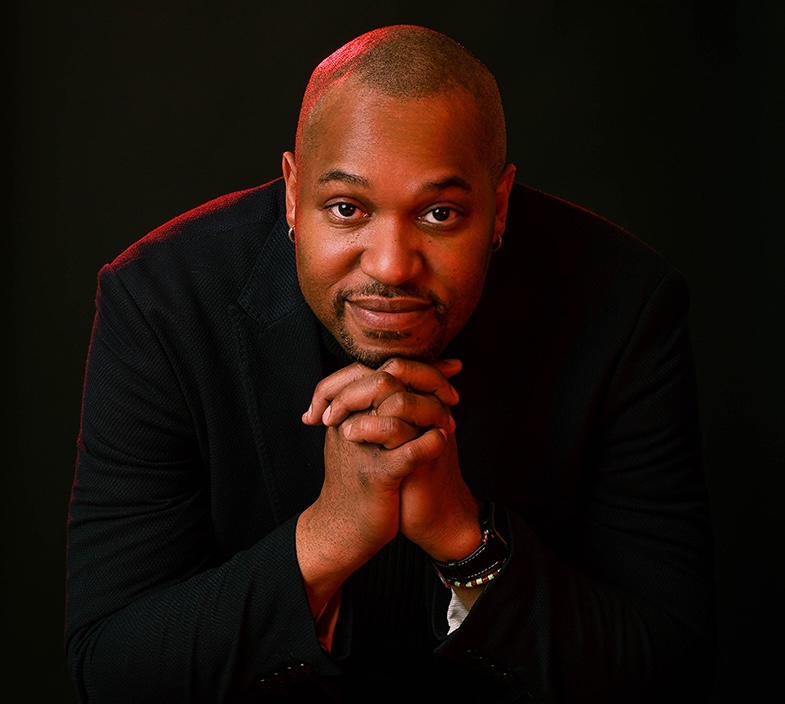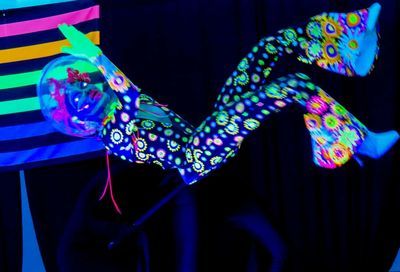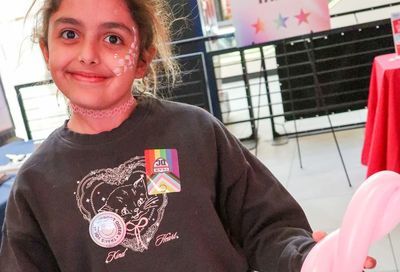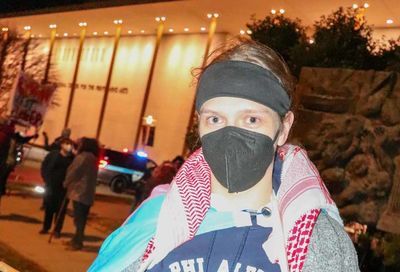Trayvon Martin’s Memory Infuses Black History Month
On Februrary 5, Trayvon Martin should have celebrated his 29th birthday. It's a crime he's not here.

As Wikimedia reports it, Black History Month and I are about the same age. The footnote credits Milton Wilson writing about this in a paper titled, “Involvement/2 Years Later: A Report On Programming In The Area Of Black Student Concerns At Kent State University, 1968–1970.” Seems the actual paper is in a box on the eighth floor of the Kent State University Library.
While there were other efforts to establish a dedicated time to recognize the vast contributions of Black people to our national experiment in democracy, to our history and culture, America’s Black History Month reportedly began with Kent State students in February 1969. For what it’s worth, I was born about four months later. So, I’ve always known February to be Black History Month.
In all of that history, however, for me, February is foremost a memorial to Trayvon Martin. He should not be history. On Feb. 5, he should’ve celebrated his 29th birthday. It’s a crime he’s not here.
Martin’s death doesn’t resonate with me because we share a love of aviation. It resonates with me because it felt familiar. He was hunted. I remember being a Florida teenager and knowing that someone was after me.
By the time I was a senior in New Port Richey, Fla., I had been sort of outed. A couple friends read a journal I’d been keeping. They didn’t use my sexual orientation against me, promising to keep this new, salacious bit of information confidential. But it squeaked out, to some degree. I’d already told my prom date, after all. Then there was the mixtape interception in some class or other. Why did I include famously out Bronski Beat, the long-ago Brit band famous for “Smalltown Boy“?
You were the one that they’d talk about around town as they put you down.
A girl I “dated” reported that my sexual orientation was the hot topic of some class gossip. In and of itself, I was not bothered. After all, an improv segment in some other friends’ theater class called for words to be called out to get the exercise going. Among the words that landed on the blackboard included my high school nickname alongside “fruit salad.” It’s preserved for eternity with a photo in the yearbook. That was actually somewhat endearing.
The hot-topic-gossip accusation, on the other hand, was made by a guy generally agreed to be the biggest asshole in school. Wholly unpleasant, seemingly abusive toward his girlfriend, football-star arrogant. Painting the perfect picture, he even drove a Trans Am. Or was it a Camaro? Something similar? I’ve never been very good at telling cars apart. They’re not planes.
High school is already fraught, inevitably so, by cramming an institutional setting full of adolescents. While I’ll never know menopause, I can’t believe it comes close to the frothy, savage, unsettling stew of teenage hormones.
I tried to keep my head down, to a degree. Pasco Co., Fla., may have a Pride festival now — Feb. 24, actually! — but not in 1986. No way, no how.
That’s why I was unsettled to notice the car following me home one night after closing up Schnickel Fritz German deli at Gulf View Square Mall. As the kid with the mop, I was usually among the last to leave, exiting out the access hall at the back of the deli, into a lonely parking lot. At least the car I drove, Mom’s giant ’76 Thunderbird, provided a sense of security. Her used ride may have been painted Mary Kay pink, with a red-velvet bordello interior, but it was a beast.
It wasn’t a long ride, just a mile or so up Highway 19, left on Ridge, left on Regency, then safely back home at Nova Scotia Drive. Changing lanes on 19, the headlights in the rearview seemed to be holding a little too tight. Just my imagination? Ridgewood Senior High School tensions getting the better of me? I’ll just dip back into the center lane for a couple more lights. So did my mysterious shadow.
I started freaking out just a little. There weren’t too many cars on the road at the time, so a last-minute left onto Ridge seemed like a good idea. My stalker was probably just a sweet old lady with poor night vision who would continue on without me. That was a very tight left. And that was no sweet old lady behind me. Who was it? No idea. All I knew was that someone was going out of their way to follow me. Now I just wanted to get home, or at least to the relative safety of our Embassy Hills subdivision.
Making the left on Regency Park Boulevard at an unsafe speed, just six blocks from home, felt warranted. That’s when my pursuer turned on his police lights. My pursuer was not a gang from the football team eager to execute their first fag-bashing. No, it was Officer Friendly.
Of course, I immediately pulled over, breathing heavily. The likely novice police officer walked up to the Thunderbird, full of accusations about my poor driving. I was stunned that he thought my recklessness occurred in a vacuum, that it was not entirely his fault. He, in turn, seemed sheepish to learn that his stealth mode was obvious and dangerous. He took out a ticket and merely wrote “SLOW DOWN” on the back of it.
It could’ve been so much worse. There could’ve been a car accident. The officer might have stuck to his guns, so to speak, and ticketed me, or arrested me, or otherwise escalated this show of his poor judgment. Had I been a Black teen in this rural Florida, 1986 situation, who knows?
When George Zimmerman murdered Trayvon Martin, my mind went immediately back to that night of mine. Martin, a kid, was simply going home. Zimmerman, the adult, was hunting. He initiated the events that left Trayvon Martin dead. Like the officer who chased me, Zimmerman was too clumsy in his pursuit, Martin knew he was being stalked. By whom? He didn’t know. He could only know that he had been pulled into someone else’s dangerous arena, rationally understanding that he may be in grave danger. His life proves that he was right.
Trayvon Martin should be alive. I absolutely believe Zimmerman was entirely responsible for everything that happened the night of Feb. 26, 2012. While race was likely a critical factor in Martin’s death, my Whiteness presumably shielded me. I have privilege denied Martin. Still, every February I will remember Martin’s birthday on the 5th and the sad anniversary of his death on the 26th. I will honor the Black Lives Matter movement born of his death. Trayvon Martin should not be Black history. He should be here, with all of us, now.
Will O’Bryan is a former Metro Weekly managing editor, living in D.C. with his husband. He is online at www.LifeInFlights.com.
Support Metro Weekly’s Journalism
These are challenging times for news organizations. And yet it’s crucial we stay active and provide vital resources and information to both our local readers and the world. So won’t you please take a moment and consider supporting Metro Weekly with a membership? For as little as $5 a month, you can help ensure Metro Weekly magazine and MetroWeekly.com remain free, viable resources as we provide the best, most diverse, culturally-resonant LGBTQ coverage in both the D.C. region and around the world. Memberships come with exclusive perks and discounts, your own personal digital delivery of each week’s magazine (and an archive), access to our Member's Lounge when it launches this fall, and exclusive members-only items like Metro Weekly Membership Mugs and Tote Bags! Check out all our membership levels here and please join us today!






















You must be logged in to post a comment.